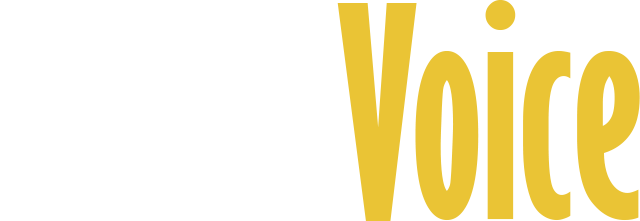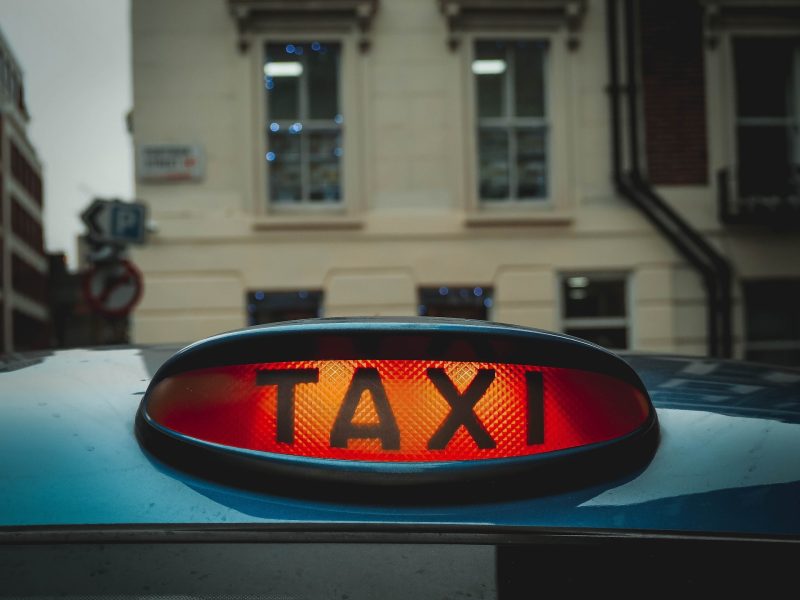Taxi fares are set to rise by more than 10 per cent from April in South Gloucestershire.
Councillors meet next week to decide whether to follow officers’ advice to increase the maximum costs of hackney carriage journeys, which would then go out to consultation.
The decision would not affect private hire vehicles such as Uber, which are beyond the remit of local authority charging caps.
It comes on top of an 8.5 per cent hike agreed by South Gloucestershire Council regulatory committee last March.
The new rises are the result of increased costs for operators, including pay, fuel and soaring inflation.
A daytime two-mile fare would go up from £7.08 to £7.65, while trips at night, weekends, bank holidays, Christmas and new year are set to rise similarly, along with charges per passenger, suitcase and animal, except guide dogs and hearing dogs.
Wheelchairs will remain free of charge, and the authority’s policy says that all hackney carriages must be accessible by April 1, when the new fees would come into force.
A report to the committee said: “Hackney carriage and private hire operators provide a valuable public transport service in the district, particularly in rural areas and at times when other modes of public transport are not available.
“In order for this service to remain viable it is important to give realistic and timely increases in fares.
“The cost of this transportation needs to be considered particularly in light of its potential impact on inequality and for those in our communities who may not be able to afford to travel.”
It said daytime fares in South Gloucestershire were already in the top quarter for the most expensive in England – 80th out of 325 authority areas – having been the eighth most costly in 2011.
The report said the council reviewed fares at least once a year although it was not required to do so.
It said the previous reassessment, last January, resulted in an 8.57 per cent rise in tariffs from April 1, 2022.
The latest review, to be considered by the committee on Thursday, January 12, found overall costs to run a taxi had gone up by 10.13 per cent – the recommended new increase in fares – to £40,000 a year since then, including nearly 19 per cent on average for diesel and petrol.
Drivers’ pay, which accounts for almost half of a vehicle’s costs, rose by 6.7 per cent, while other factors caused by inflation shot up by 11 per cent.
Passenger journeys will become more expensive by reducing the distance at which the meter ticks over – £2.40 for the first 135 yards, as opposed to the current 150 yards, 20p for each subsequent 130 yards instead of 144 yards as of now and 20p for each 29 seconds of waiting time, down from 31 seconds.
On top of that, trips between 6pm and 6am and at weekends will incur a £1.65 additional charge – up from £1.50 – while regular bank holidays will cost an extra £4, up from £3.60.
Journeys from 6pm on Christmas Eve to 6am on December 27, and from 6pm on New Year’s Eve to 6am on January 2, would cost £6.50 on top of the standard daytime charge instead of £5.85 at present.
Each additional passenger over the age of three will cost 35p, up from 30p, although two children between three and 10 years old will count as one, which is currently the case.
Suitcases outside the passenger compartment will go up by the same amount.
Animals would cost £1.65 instead of the existing £1.50, while a “fouling charge” to clean up a vehicle is set to go up from £72.20 to £79.80.


